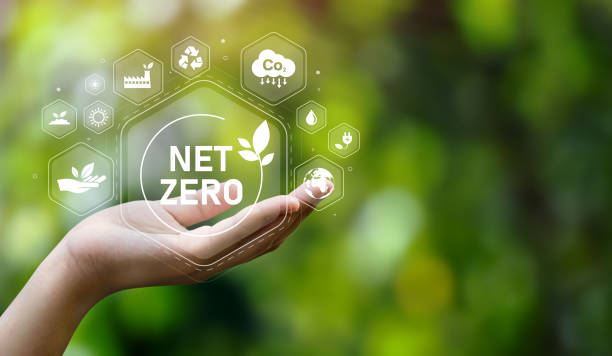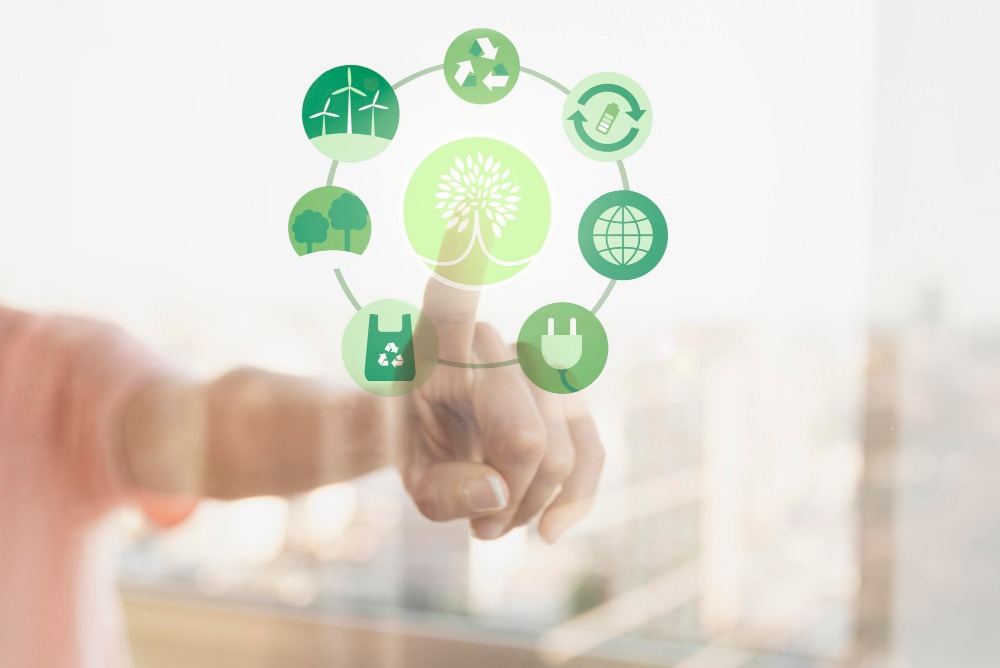The concept of Net Zero has gained significant attention in recent years as a crucial step towards mitigating the effects of climate change. Achieving Net Zero means balancing the amount of greenhouse gas emissions released into the atmosphere with an equivalent amount of emissions removed. This can be achieved through various measures, such as reducing emissions, increasing the use of renewable energy, and implementing carbon capture and storage technologies. In this blog post, we will explore the impacts and challenges of achieving Net Zero.
Impacts of Net Zero
Achieving Net Zero energy will have significant impacts on both the environment and the economy. On the environmental front, reducing greenhouse gas emissions will help to mitigate the effects of climate change, including reducing the frequency and severity of extreme weather events, protecting biodiversity and ecosystems, and reducing the risk of natural disasters. This, in turn, will have positive impacts on human health, food security, and water resources.
On the economic front, achieving Net Zero will require significant investments in renewable energy, energy efficiency, and carbon capture and storage technologies. This will create new economic opportunities and jobs in these sectors, leading to economic growth and development. Additionally, reducing greenhouse gas emissions can also result in cost savings for businesses and households through reduced energy consumption and lower energy bills.

Challenges of Achieving Net Zero
While achieving Net Zero has many benefits, it also comes with significant challenges. One of the primary challenges is the high cost of implementing the necessary measures to reduce greenhouse gas emissions. For example, transitioning to renewable energy requires significant investments in infrastructure and technology, which can be costly.
Another challenge is the need for international cooperation and coordination to achieve Net Zero. Climate change is a global issue, and achieving Net Zero requires action from all countries, regardless of their level of development. This requires cooperation and coordination among countries to set common goals, share knowledge and technology, and ensure that efforts are aligned towards achieving Net Zero.
Furthermore, achieving Net Zero requires significant changes in the way we live and do business, which can be difficult to implement. This includes changes in consumption patterns, energy use, and transportation, which can be challenging to achieve without significant behavioural changes from individuals and businesses.
Solutions to Achieving Net Zero
To overcome the challenges of achieving Net Zero, several measures can be taken at the national and international levels. At the national level, governments can implement policies and regulations to encourage the transition to renewable energy, energy efficiency, and low-carbon technologies. This can include incentives, subsidies, and carbon pricing mechanisms to encourage businesses and households to reduce their emissions.
International cooperation and coordination are also crucial for achieving Net Zero. This can include the sharing of knowledge and technology, financial support for developing countries, and cooperation on setting common goals and targets.
In addition to policy and international cooperation, achieving Net Zero also requires significant changes in behaviour and consumption patterns. This can be achieved through education and awareness-raising on the impacts of climate change and the actions individuals and businesses can take to reduce their emissions. Governments and businesses can also lead by example by implementing sustainable practices in their operations and supply chains.

Conclusion
Achieving Net Zero is crucial for mitigating the effects of climate change and creating a sustainable future for all. While it comes with significant challenges, such as high costs and the need for international cooperation, there are also many opportunities for economic growth and development through the transition to renewable energy and low-carbon technologies. By implementing policies, promoting international cooperation, and raising awareness on the impacts of climate change, we can work towards achieving Net Zero and ensuring a sustainable future for generations to come.
Additionally, it is important to note that achieving Net Zero will require a significant shift in the way we think about and approach economic growth. Traditionally, economic growth has been tied to increased consumption and production, which has resulted in a significant increase in greenhouse gas emissions. However, achieving Net Zero requires a decoupling of economic growth from emissions, which can be challenging to achieve.
To address this challenge, new economic models, such as the circular economy, can provide a framework for achieving economic growth while reducing emissions. The circular economy is an economic model that prioritizes resource efficiency, waste reduction, and the reuse of materials and products. This can help to reduce emissions by minimizing the need for new production and reducing waste.
In conclusion, achieving Net Zero is a crucial step towards mitigating the effects of climate change and creating a sustainable future for all. While it comes with significant challenges, such as high costs and the need for international cooperation, there are also many opportunities for economic growth and development through the transition to renewable energy and low-carbon technologies. By implementing policies, promoting international cooperation, and adopting new economic models, we can work towards achieving Net Zero and ensuring a sustainable future for generations to come.






